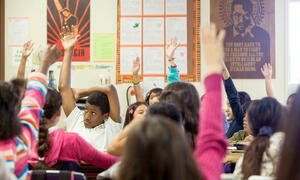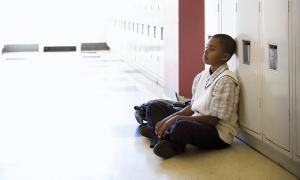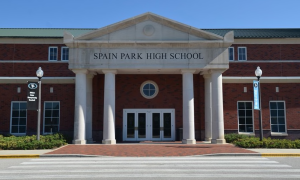A Museum. A Memorial. A Message.




This Black History Month, we’re encouraging educators to recognize and teach that Black history includes narratives that don’t focus solely on trauma. While it’s imperative to teach about the realities of racial oppression, it’s just as important to engage students with the many ways Black people have consistently and powerfully resisted white supremacy. For the next week, we’ll be sharing some of our favorite resources for celebrating Black liberation movements.
Check out our newest issue and learn about the communities creating schools where students and immigrant families feel safe and welcomed; hear from veteran educators about how white supremacy informs interactions between educators and students; and get ideas for ensuring your students are informed, involved and ready to vote this election season! If you haven’t yet had a chance to dive in, these articles are a great place to start.
On May 31, 1921, white supremacist terrorists attacked the Greenwood community in Oklahoma, killing up to 300 Black residents and burning over 1,000 homes. We don’t know the exact number: For too long, the history of this and other acts of racist terror across the United States were intentionally kept quiet. We urge you to teach the truth about Tulsa and other hard histories. These resources can help.
Let’s honor all women this Women's History Month by understanding how anti-Blackness, transphobia and white supremacy prevent unity. LFJ’s newest article examines how the Women’s March—with its high points and pitfalls—and the subsequent activism it inspired play a role in highlighting the precarious position of women’s autonomy and human rights, worldwide. These LFJ resources remind us that self-awareness, solidarity and self-care are all requirements in the fight for social justice.
